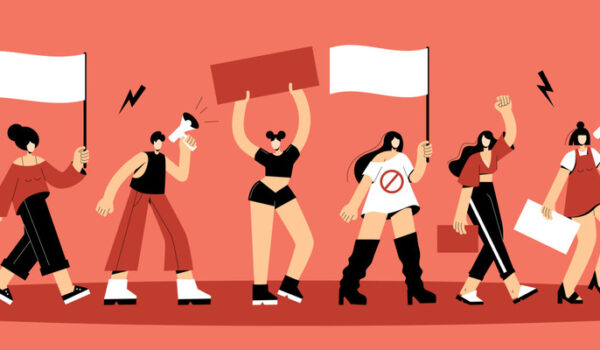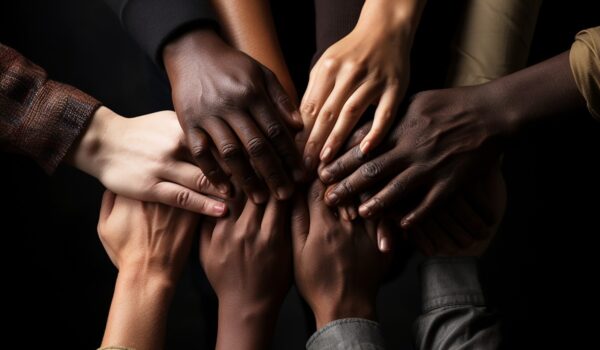Black feminism is a powerful movement that tackles the unique challenges faced by Black women. It’s all about fighting for their rights and breaking down the different forms of oppression they experience. By focusing on race, gender, and class, Black feminism shows that the struggles of Black women are unique and need special attention.
Black feminism started in the 1960s and 1970s because Black women were often ignored in both the feminist and civil rights movements. Leaders like bell hooks, Audre Lorde, and Angela Davis pointed out that we need to look at sexism, racism, and economic inequality together to understand what Black women go through.
A big idea in Black feminism is intersectionality, introduced by Kimberlé Crenshaw. This concept explains how different aspects of a person’s identity, like race and gender, combine to create unique experiences of discrimination. Understanding this helps us create more effective and inclusive strategies for justice.
Black feminists have made huge strides in social justice. They’ve been key players in movements for reproductive rights, economic justice, and against violence. Groups like the Combahee River Collective have highlighted the complex nature of Black women’s oppression. Modern activists like Tarana Burke, who started #MeToo, and Patrisse Cullors, a co-founder of Black Lives Matter, show the ongoing power of Black feminist activism.
Black feminism has left its mark on literature, art, and pop culture. Writers like Toni Morrison and Chimamanda Ngozi Adichie, along with artists like Beyoncé and Solange, bring Black feminist themes to a wider audience, helping more people understand and appreciate the experiences of Black women.
There’s still a lot of work to do. Black women face ongoing challenges like systemic racism, economic inequality, and gender-based violence. But the strength and leadership of Black feminists give us hope for a fairer and more equal society. By raising the voices of Black women and using an intersectional approach, we can work toward a future where everyone can thrive. Black feminism isn’t just a movement; it’s a crucial push for justice and equality, calling for recognition, respect, and meaningful change.









Comments